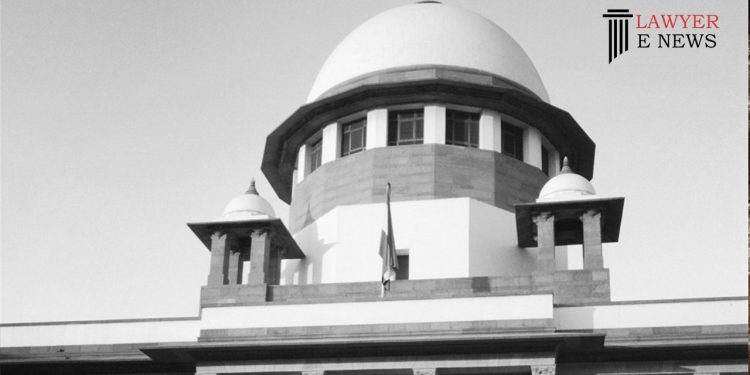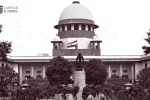Sentencing completes a criminal trial- Supreme Court

The Supreme Court, a criminal trial does not end when the accused is found guilty; rather, it ends when they are sentenced.
Only after the sentence is imposed on the convict, if the offender is not given the benefit of Section 360 of the CrPC, are the five judges’ decisions in a criminal prosecution considered to be final in all respects. Constitution Bench made a comment in a decision addressing a reference to the authority granted by Section 319 CrPC.
When the trial can be considered to have ended was one of the problems that came up in this case. When the verdict is announced and the conviction is granted, or when the punishment is given and the trial is fully concluded, is it at this point?
In response, the court cited Sections 232 and 235 of the Criminal Procedure Code and made the following observation: If the Sessions Court determines after reviewing the evidence that there is insufficient evidence to hold the accused responsible for the offence, the judge must enter an order of acquittal. The trial ends at that point since the learned Judge has no further action to take in that situation.
If the learned Judge decides that the accused should be found guilty, the conviction will be imposed by the judgement as provided for in Section 235 of the CrPC. If the learned Judge does not proceed to grant the accused the benefit of being released on probation under Section 360 of the CrPC, it is stated in Subsection (2) thereto that the learned Judge shall hear the accused on the issue of punishment and then impose a sentence on him in accordance with law.
The court noted that even though the accused was found guilty, the trial was not yet over because the learned Sessions Judge still needed to consider all of the available evidence to assess the seriousness of the charge against the accused, the role of each individual accused when there were multiple accused parties involved in the crime, and to determine the appropriate sentence.
Sukhpal Singh Khaira
vs
State of Punjab






